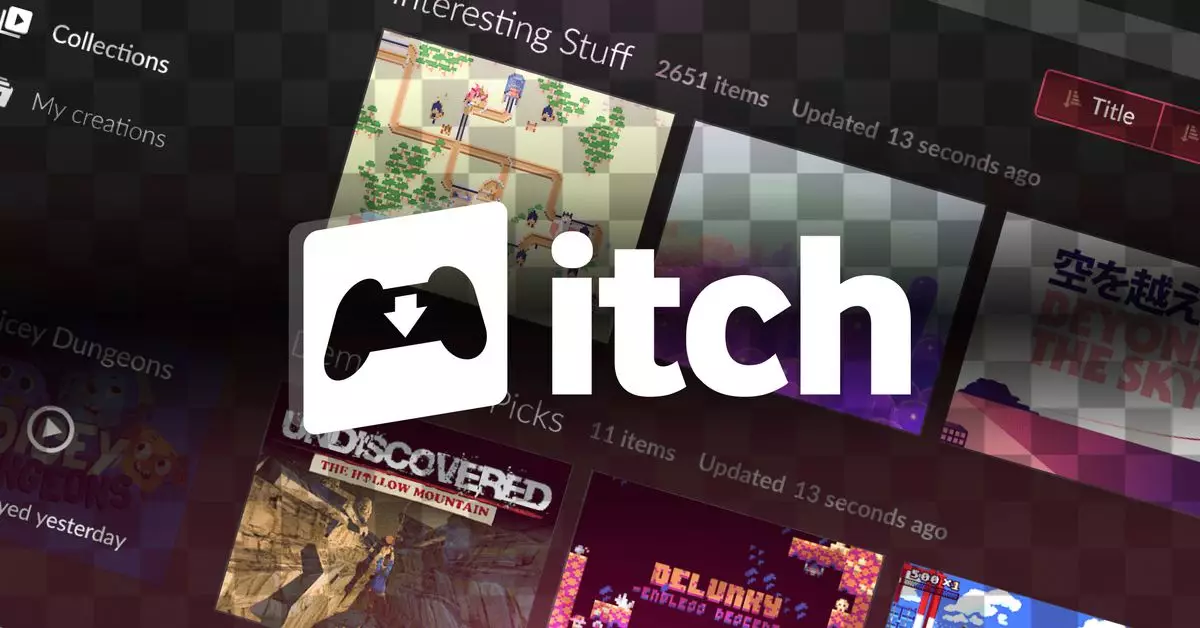The indie game distribution platform Itch.io, cherished by developers and gamers alike, is currently grappling with a significant online presence challenge. Recently, the platform declared that it was rendered inaccessible due to a reportedly unfounded phishing report. While this disruption primarily affects gamers and developers relying on the site for sales and interactions, it raises larger questions about brand safety and the reliability of automated reporting systems.
The upheaval appears to stem from a conflict involving Funko, a pop culture collectibles retailer. Itch.io alleged that Funko utilized Brand Shield, an AI-driven brand protection software, which erroneously flagged the game store as a source of phishing attempts. This situation sheds light on how reliance on automated tools—often designed to quickly and efficiently combat threats—can sometimes lead to incorrect conclusions and damaging consequences for legitimate entities.
The core issue is compounded by the operations of the registrar iwantmyname, which, upon receiving the malicious report, deactivated Itch.io’s domain. Despite the fact that the contentious page has been removed, users are still facing barriers, unable to access the platform due to the altered domain routing. This incident serves as a reminder of the vulnerabilities that accompany online operations, particularly for smaller entities that frequently lack the resources to combat such challenges effectively.
For gamers and developers, the implications of this domain issue are immediate. Itch.io enabled a new feature that fetched great enthusiasm among its users—the ability to utilize their Itch.io domain for Bluesky accounts. However, due to the current situation, users who have invested in this feature are encountering functionality errors, encountering “invalid handle” messages as a result.
In an attempt to remedy the situation, Itch.io advised users with technical know-how to adjust their hosts file, allowing some access via a specific IP address. However, this workaround is not user-friendly and presents a hurdle for the average user. The hope from Itch.io’s side is for a speedy resolution, but the viability of such solutions highlights the challenges faced in the fast-paced world of tech, where access can swiftly transform from secure to precarious.
As the digital landscape continues to evolve, incidents like this one underscore the importance of robust crisis management plans and alternative solutions for tech companies. Itch.io, which has showcased a commitment to indie developers, may need to reassess its risk mitigation strategies to prevent similar occurrences from stifling its operations in the future.
Furthermore, reliance on automated systems for brand protection may necessitate a reevaluation. While they offer significant speed and efficiency, this incident illustrates the potentially severe repercussions of technological errors. The intersection of community engagement and technological reliability will remain a point of focus as more platforms embrace AI solutions.
The Itch.io incident serves as a sobering reminder of the fragility of online business operations and the importance of maintaining user trust during challenging times. The ongoing resolution process will be closely watched by the community and could offer valuable lessons for other platforms navigating similar waters.

